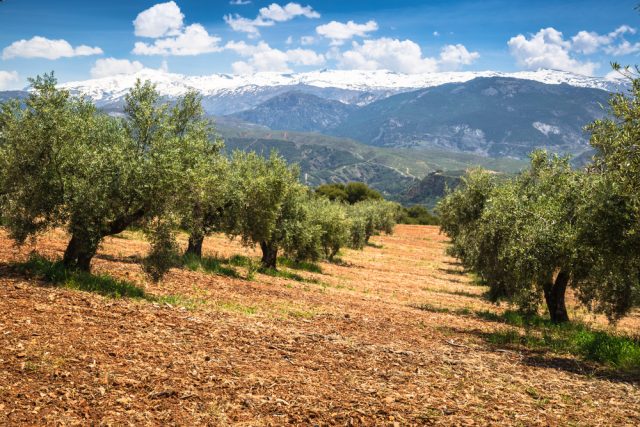
Spain’s acting Minister of Agriculture, Fisheries and Food, Luis Planas, chaired the first Council of Agriculture Ministers of the European Union under the Spanish Presidency of the Council of the EU.
Planas presented his work programme and the priorities of the Spanish Presidency in the field of Agriculture and Fisheries. In this regard, the Spanish Minister established that the underlying theme that will mark the Spanish presidency’s agenda is the advancement of sustainability in all European agricultural and fishing activities and food systems. Spain is putting a large focus on issues related to climate change and its impact on the industry.
In the field of agriculture, the Spanish presidency has commited to prioritise several pieces of legislation until the end of its period in December. Specifically, the minister stressed that they will focus, on the one hand, on boosting and promoting new technologies in the agri-food sector, such as genomic techniques in plant production. This is an issue that will come up during the Informal Council that will be held in September in the southern Spanish city of Córdoba.
During its Presidency, Spain also intends to advance efforts to guarantee food safety, and the protection of health and the environment. The proposed policies include regulating food information to the consumer (frontal nutritional labelling).
In addition, the implementation of Member States’ strategic plans will be monitored. For this, Planas explained that, during the semester, Spain will work to highlight the importance of the Common Agricultural Policy (CAP) requesting the European Commission to take stock of the implementation of the national strategic plans of the new CAP after its first year of validity.
In terms of fisheries, the minister highlighted the debate on the decarbonization of the activity and the need to introduce a shift in the orientation of financing to the fishing fleet to promote a real renewal and modernization. This topic was addressed during another informal gathering in the northeastern Spanish city of Vigo.
The Spanish Presidency will also focus on strengthening the role of the Common Fisheries Policy (CFP) and recognising the strategic role of fisheries and aquaculture in food security. Likewise, during the course of the semester, the presidency will work on improving the decision-making procedure on Total Allowable Catches (TACs) and fishing quotas. Their aim is to ensure that the distributions of Total Allowable Catches (TACs) and quotas are not made annually, as it is done currently, but rather with a longer time horizon to favor the planning of fishing companies.
In this regard, Luis Planas stressed that the Spanish presidency believes it is paramount that the European Union renews its fisheries agreements that are soon to expire with third countries such as those of Morocco, Cape Verde, Guinea Bissau, and the Ivory Coast. The goal is to avoid an interruption of the activity.
This meeting was one of the seven Councils of Agriculture and Fisheries Ministers that have been held since July and will continue until December. It should be noted that one of the Informal Councils was also held this month in the Spanish city of Vigo, and was related issues around fisheries.
With the upcoming Council in Córdoba the ministers will delve in more (related) topics involving the use of new technologies to advance resiliency in European agricultural practices in the context of climate change.
According to the Spanish Presidency, the changing patterns of global climate present an issue of fundamental importance for the Spanish and European agricultural sector. The Ministers will discuss policies to increase the European Union’s competitiveness in the field as a means of maintaining a position of authority within the larger international community.



 Subscribe
Subscribe